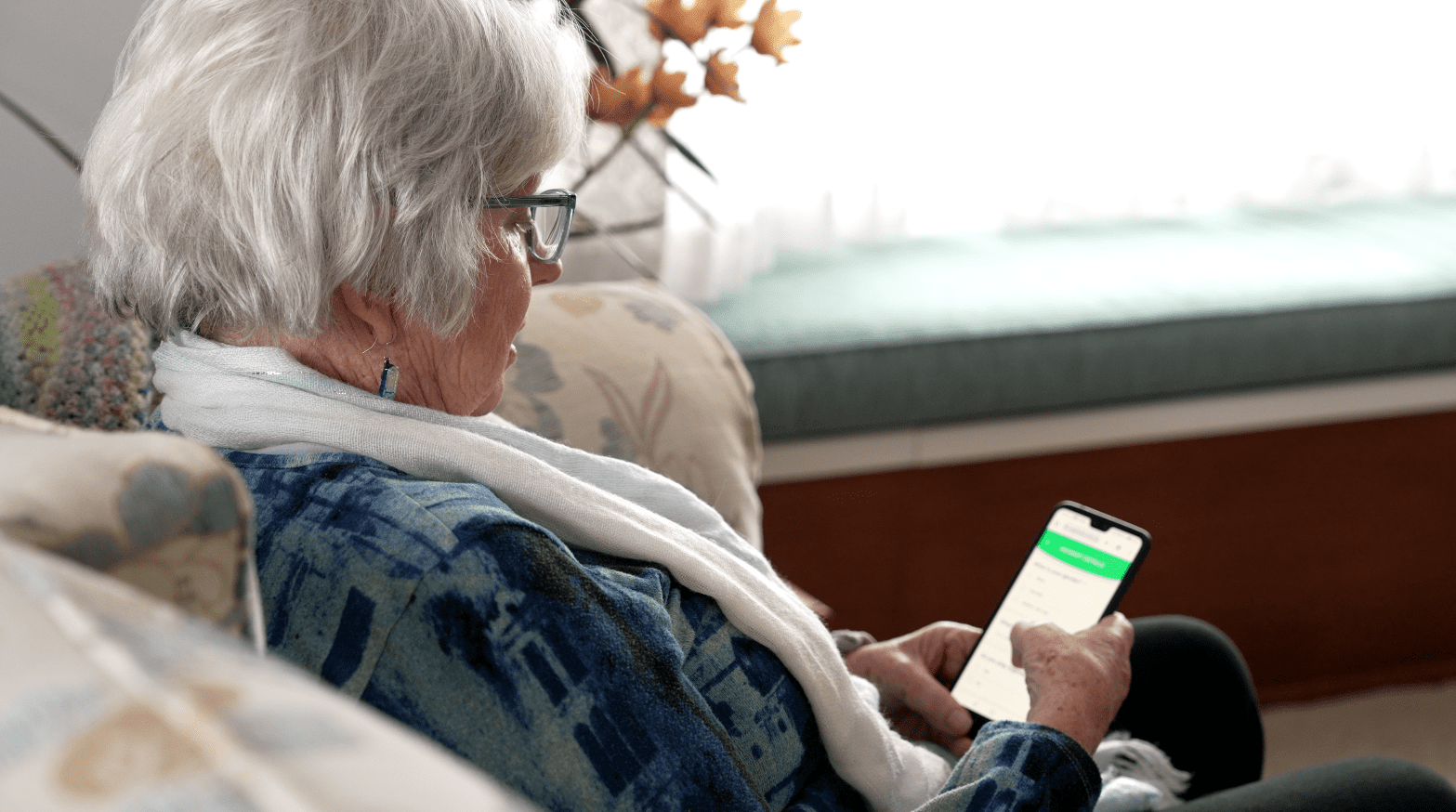People living with concussion in regional Western Australian communities will now have access to a groundbreaking national study which will help to improve their recovery and wellbeing.
The Australian Mild Traumatic Brain Injury Study (AUS-mTBI) is partnering with the WA Country Health Service (WACHS) to broaden its reach into rural and remote areas and better understand the experiences of concussion among people living in regional communities.
Lead researcher Curtin University Deputy Vice-Chancellor, Research Professor Melinda Fitzgerald, also of the Perron Institute, said previous studies have largely focused on sports-related concussion – particularly in young athletes.
“This study will fill a crucial gap by focusing on how concussion also impacts individuals in the general population,” Professor Fitzgerald said.
“In Australia, over 180,000 concussions are likely experienced each year, with approximately 30 per cent of individuals experiencing ongoing, often debilitating symptoms that affect their health, lifestyle, and work. A significant number of people who experience concussions don’t seek medical care, creating a knowledge gap about brain injury recovery in everyday Australians.
“We aim to understand the factors that predict delayed recovery from concussion, which will allow us to provide more timely and personalised care for those at greatest risk. This will ultimately improve patient outcomes and reduce the community burden of concussion.”
Patients at selected WA Country Health Service hospitals and health centres across regional Western Australia will be asked if they would like to participate in the study and access support in their concussion recovery.
WA Country Health Service Executive Director Strategy Melissa Vernon said there is a commitment to ensuring people in country communities have the opportunity to contribute to and benefit from this important research.
“The WA Country Health Service is keen to support the study in country communities, ensuring people living outside of the metropolitan area have access to information about mild traumatic brain injury recovery,” Ms Vernon said.
Participants in the study will use HeadCheck, a free online concussion recovery app, to track their symptoms and guide their recovery over 12 months or until symptoms resolve.
The app’s recommendations will be refined based on data collected through the study, which will help create personalised care plans for each participant.
Researchers will apply cutting-edge machine learning techniques to develop a predictive model that can identify individuals at risk of delayed recovery.
People experiencing concussion in the past 14 days are encouraged to download HeadCheck and participate in the AUS-mTBI Study.
For more information, visit www.connectivity.org.au/connecting-to-current-research-projects/aus-mtbi-participant-information/.



